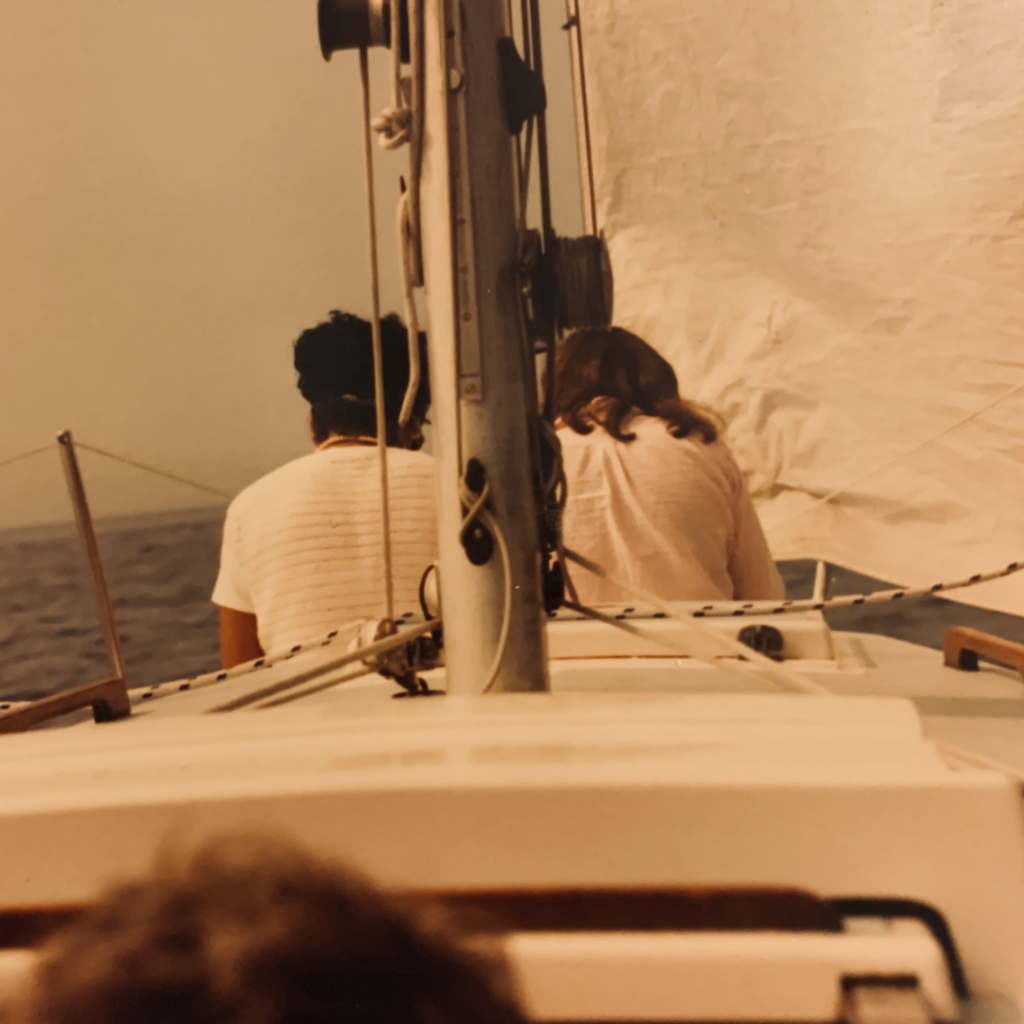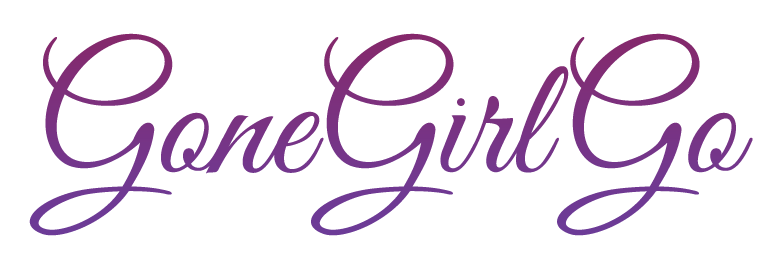
Never underestimate the power of writing memories, especially if you want to make sense of your life.
Writing about past events helps you uncover not-so-obvious meaning in your life, important and profound truths possibly having a great effect on you now.
Granted, your memory may not be all that reliable. It’s forgetful and relies on your slanted view of what happened back in the day. But still, writing memories is a therapeutic way to put your life into perspective.
Recalling my early fascination with writing, I discovered why I’m so passionate about helping others use writing as a self-discovery tool and helping them become stronger, clearer, and happy writers.
It started at 15 years old when I lived with 5 other black girls in Darien, Connecticut to attend the ABC program there.
Picture the mid-80s before “multiculturalism”, the precursor to diversity and
Why is this significant?
Not only were we the only blacks in the school, but we were also the only blacks in the entire town.
A novelty that soon wore off.
Remembering brought lots of emotion to the surface. Emotions I hadn’t felt in a while all because I wrote this abbreviated list of memories.
A crank caller, proclaiming allegiance to the Klu Klux Klan harassed me for weeks. So much so the police put a trace on the house phone.
I sailed Long Island Sound with my host family.
I wrote tons of letters to family and friends back home because it was the cheapest way to communicate. Long distance calls were a luxury.
Our live-in tutor, Dr. Leonard Krill was the smartest man I had ever met and he was at my disposal. We had the best conversations.
We studied from 6:00 pm to 9:00 pm Sunday through Thursday no matter what.
I hung out in NYC on the weekends sometimes without my parents knowing.
This guy John often bullied me in my Honors French 4 class and I eventually cussed him out. (Maybe he was that crank caller.)
Spending one weekend a month with my host family, and bonding with Lauren, my host sister of the same age helped me endure.
I traveled around the East Coast, going to ABC parties, visiting colleges, and meeting remarkable people.
None of the white boys at the school asked me out. Instead,
Learning about the diversity of NYC culture from my ABC sisters who were Trinidadian, Jamaican, Sri Lankan, Guyanese, Haitian, Puerto Rican, Bajan, and Dominican.
Experience aside, I was sad and angry most of the time.
Sad about being away from home; I missed everything about home, but my parents didn’t want to hear my desperate pleas to come home. Being there was a once in a lifetime opportunity. I had to suck it up. (I eventually left
And mad because of the injustice I saw for the first time in my life: the extreme privilege of some and the acute disadvantage of others. As I
Besides the other girls and the Wales, my host family (RIP Judy), my journal became my go-to for solace and comfort. I poured out my heart on the pages of four composition notebooks during my stay in Darien.
Journaling saved me.
Then there was the school where I had to confront just how different I was every day. My fire red hair layered in a hairstyle we called Feathers. The way I dressed in my edgy acid jeans, a loose-fitting chartreuse sweater, and matching accessories. My music preference was 80s hip hop while my classmates loved James Taylor. A love I couldn’t fathom at all. And this, which made me feel bad about myself: my country sounding accent.
I wanted to belong so bad, especially in Dr. Rubin’s 10th grade Honors English class. I became fascinated with reading fables, interpreting metaphors, and analyzing analogies – pulling apart literature to make sense of the world and find meaning in it.
(How can I forget the didactic prompt we were instructed to use as we read proverbs like “A rolling stone gathers no moss.”? First, what’s it about? Then, what’s it say about? OMG I loved doing that!)
As much as I loved English and as “smart” as I was, I didn’t write well.
Robert H. Jamison Jr. High, a Cleveland Public School back in the day did not adequately prepare me for the rigorous academics I experienced at Darien High School.
I remember the struggles – not having the vocabulary to describe what I felt or thought. Coming to tears during a final exam because I didn’t know how to interpret the meaning of The Running Fence, a short documentary about a 24-mile, fabric fence stretched along the West Coast. Embarrassed by my C papers that lacked subject-verb agreement and organization, while my classmates wrote perfect, grammatically-correct and well-structured A+ papers.
I was determined to improve because I loved English class so much.
Then I received a chance to show and prove my writing when I learned about the assignment of the century worth 50% of our grade. I-Search, the
I finally settled on the topic, Black English. Can you believe I actually found a book, Black English by JL Dillard (1973) in the school library? No one had ever checked it out. I was the first.
I aced I-Search and wrote a compelling case about the challenges faced by black children as bilingual, moving between their black vernacular, a valid form of English, and the standard King’s English in school.
Writing memories about being an ABC girl in Darien surfaced a lot of emotions for me. It wasn’t an easy time, but I appreciate, 35 years later, how the experience shaped me.
My ABC experience in Darien originated my writing practice. That’s writing memories revealed to me.
I recommend you add writing memories to your practice if you’re up for it. It can be therapeutic, eye-opening, and revealing.
Grab your journal and reflect on these: What memories can you write about? What can writing these memories do for you? What are you hoping to discover? For a group exchange, leave a comment below. For a private exchange, email me at zo*@********go.com.

What a fascinating story! Thanks for sharing it!
A little long winded on that one! It was fun to write tho! Thanks for reading and commenting Brittny 😇
I also did a lot of journaling when I was young and found it therapeuric. So great that you were able to get some benefit from going through your journals and rehashing some not-so-great memories from the past. I try to remind myself that all my past experiences have helped make me who I am today.
I really wanted to get to the root of my desire to write. Exploring these memories helped me do that. Thanks for reading and commenting.
I just read this for the 3rd time……I’m really wanting to absorb every aspect, emotion, realization…etc. I knew you were facing a monstrous challenge, being there. But…. I couldn’t know the depth of it, not being you and my being white and being able to afford Darien. I never felt comfortable or really welcome there. Having been lucky enough to have lived in 3 other countries before I even lived in the U.S., Darien was an awful reawakening. The JUDGMENT! I never could understand why I was being judged on my clothes, my house, my car, my physical appearance…..? I was ignorant enough to get it……until later. I found my “other-type” friends at Middlesex Middle School. One was from Spain,(I was picked to be her helper….I picked her up and dropped her off at each of her classes, I guess since I was doing ok in Spanish. She felt so much more like a friend than anyone else. We both felt like strangers. My other 3 friends were Julie, who was English, but hadn’t lived in England yet, an Argentinian, Andrea, who was a type A, feisty, fierce girl, and my pretty friend, Mandy who was from South Africa. We all bonded and shared so many happy times. My Dad called us “the 5 foreigners”! Leticia and Julie moved away before DHS, and I missed them so much. I had to navigate high school, alone first. Life is the way it is, and the other 2 foreigners found different friend groups. I felt alone. But I just went on and did what I had to do……this didn’t help my depression. But no one knew what that was, yet. Zoe, you were my only friend. I sometimes felt like I might have been bugging you, or I had said something incentive or entitled. I wrestled with my own shame at not being more of a good friend to you. I didn’t know if the ABC girls would welcome me or distrust me. It was weird and we were all so young. Adolescence just sucks. I loved hanging out at the ABC house, especially when you had your parties…the best parties ever. People actually danced and sang out….I felt so free! I just wish I had been a better, more dedicated friend to you….and to all your ABC sisters. I apologize for being selfish and ignorant at times,…..lots of times. But, maybe you don’t realize…..YOU gave ME so much. I learned a HELL of a lot from you and what you would reveal to me when we had our precious, confidential conversations. You helped me grow so, so much. I remember the prejudice of the vernacular of writing “an acceptable paper”. But I wouldn’t have known that if I hadn’t known you. Much, much later in life…..about 3 years ago, in school getting my teaching credential, I picked the debate topic of “The African-American English Dialect” It opened up my mind and my heart. Of COURSE this English was a valid and intelligent way to communicate! Of COURSE the American culture discriminated against it and judged it as inferior. It terrified the white community. People are so scared when they can’t truly understand, or feel left out. So these people, in their fear, denigrate. It just so happens, a principal in an Oakland, CA school had claimed that her school would study and accept the intellectual and cultural importance of Black English. She encouraged and praise the use of it in her school. She validated the importance of her students in the history of a changing USA! What a hero. Anyway, I was on the pro side of African American English being a valid and intellectual language that needed to be recognized and applauded in our diverse culture. I likened it to ASL, American Sign Language. Deaf people hold their heads up high and think of themselves as a valid and strong culture. Using ASL to communicate gives them a special power, a tool, that is so admirable and amazing. I was finally taught and then was totally won over by the idea that Deafness is a subgroup of The American Experience…..how could it not be? (Boy, this is long…..sorry, Zoe!) Anyhoooooo, I love you for educating my mind. You stretched my mind and made me think. I will forever be grateful and will forever love you.
Love, Lauren